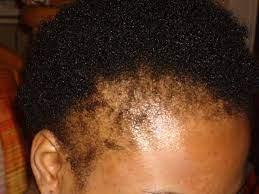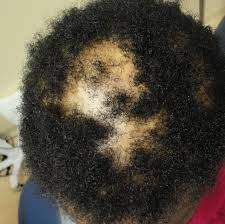Hair Loss
Hair loss (alopecia) can be temporary or permanent and can affect just your scalp or the entire body. It might be brought on by hereditary factors, hormonal changes, illnesses, or a natural aspect of aging. Anyone can experience hair loss on their head, but men experience it more frequently.
When a follicle in a healthy hair system loses a hair strand naturally, it immediately starts growing a new, replacement strand. Follicles can become clogged with an accumulation of extra hormones and enzymes due to hormonal changes brought on by aging, which causes them to shrink until they eventually die or are unable to produce healthy hair growth. When you multiply the loss of the replacement strand, hair loss is simple to comprehend.
Hair falls out in clumps and patches, and women also shed their hair excessively. Again, unlike men who typically develop bald spots on the crown or temples of their heads, women typically experience hair loss all over the top of their heads. Hair loss frequently occurs after childbirth, extreme dieting, surgery, or an upsetting emotional experience. But in addition to hormonal changes, it may also be a sign of more serious underlying physical issues, such as thyroid disease or anemia, in addition to hormonal changes. We advise anyone who is suffering from significant hair loss to consult with us as a result.
Derma skin clinic takes the issue of hair loss very seriously. A consultation and in-depth physical examination of the scalp are conducted first. While a scalp biopsy is sent to a dermatopathologist who specializes in hair loss, we follow up with lab work to look for internal causes. The patient's unique condition, such as early female pattern, alopecia areata, or telogen effluvium, is then taken into account when prescribing medical care. PRP procedures. Injections, vitamins, shampoos, topical medications, and, if necessary, systemic medications for hair loss are among the possible treatments.


